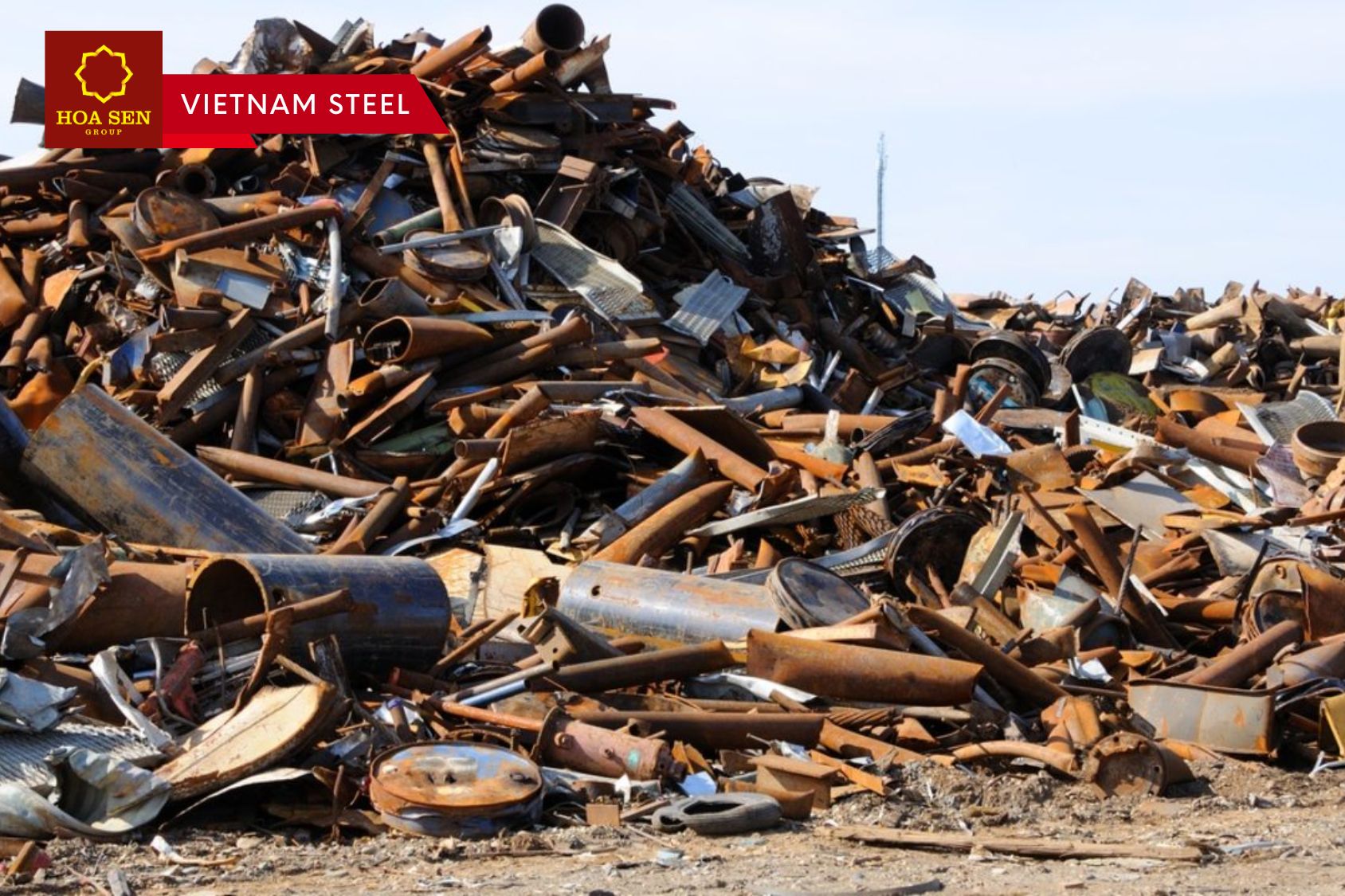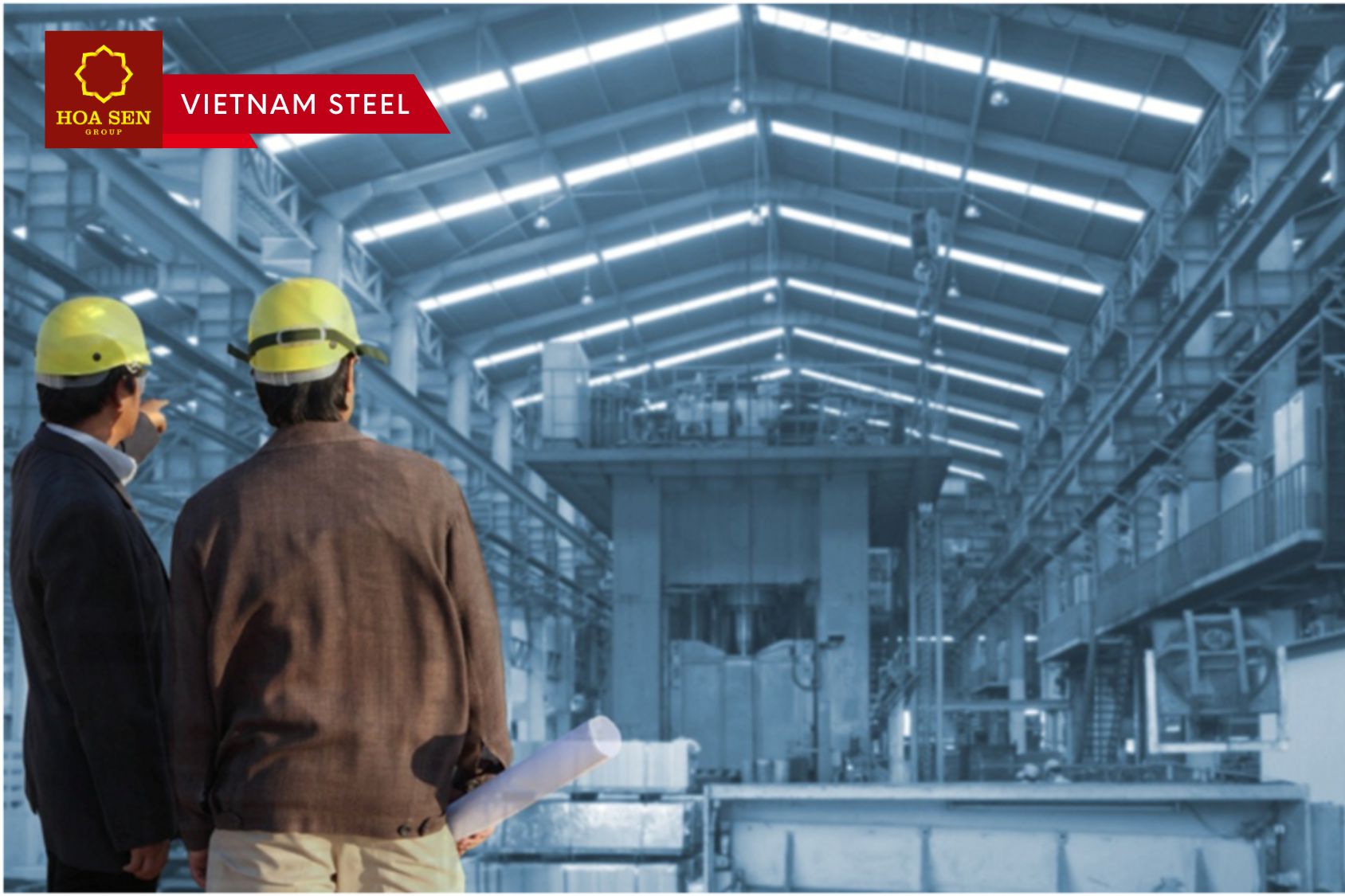The industry association also points to high electricity prices for Italian steelmakers
The situation with the scrap shortage in Italy and Europe will get worse. The growing share of electric arc furnace (EAF) steel production in the EU and globally will lead to an increase in demand for this raw material, especially for high-quality steel. This was stated by Antonio Gozzi, President of the Italian steelmakers’ association Federacciai, during the organization’s annual meeting, Kallanish reports.
According to Gozzi, many third countries resort to protecting domestic scrap stocks, which leads to a number of export restrictions, including an absolute ban, licensing, duties and export quotas.
Federacciai notes that scrap exports from Europe to non-EU countries almost doubled from 2016 to 2023. Turkey accounts for 56% of EU exports, and this volume increased from 11.7 million tons in 2016 to almost 19 million tons last year.
According to Gozzi, a solution is needed to protect European scrap by preventing its export, especially to countries that do not implement measures identical to those of the EU. In his opinion, projects to build new EAFs in Italy without specifying the supply of raw materials seem inappropriate, as there is a risk of scrap shortages.
Gozzi also reminded that electricity prices for Italian steel mills are significantly higher than those of their competitors in other European countries, ItaliaOggi writes. For example, in 2023, German energy-intensive companies paid an average of €65/MWh, while in Italy the costs exceeded €110/MWh. Reasons include national energy balances, government incentives, and the lack of an interconnected electricity market at the European level. The problem is exacerbated by the “price cap” system, which equalizes the cost of energy produced by renewable sources and hydrocarbons.
Federacciai proposes a unified approach to the use of ETS auction proceeds, noting that countries such as Germany and France allocate much more to support industrial decarbonization than Italy. A single European price for energy-intensive industries could reduce these differences.
As for Scope 1 emissions, the Italian electric steel industry, according to the president of Federacciai, is actually close to carbon neutrality. The country’s metallurgists are striving to solve the residual problems associated with small emissions that are still present and arise from the use of natural gas in the heating furnaces of rolling mills. To this end, the industry is working on solutions such as biomethane and hydrogen.
Gozzi also noted that only a third of the electricity purchased by Italian steelmakers from the grid comes from renewable sources. An additional third of electricity with zero carbon emissions is needed to reach the net zero target. Many companies in Italy have already invested and continue to invest in renewable energy facilities.
As reported earlier, in July 2024, Italian steelmakers reduced steel production by 9% compared to the previous month, to 1.68 million tons. The figure fell by 3.9% compared to the same month in 2023. In the first 7 months of this year, Italian steelmakers reduced steel production by 5.4% year-on-year – to 12.5 million tons.
Read more: Federacciai addresses key challenges for future of steel: energy, scrap, and EU policies
Vietnam Steel by Hoa Sen Group

